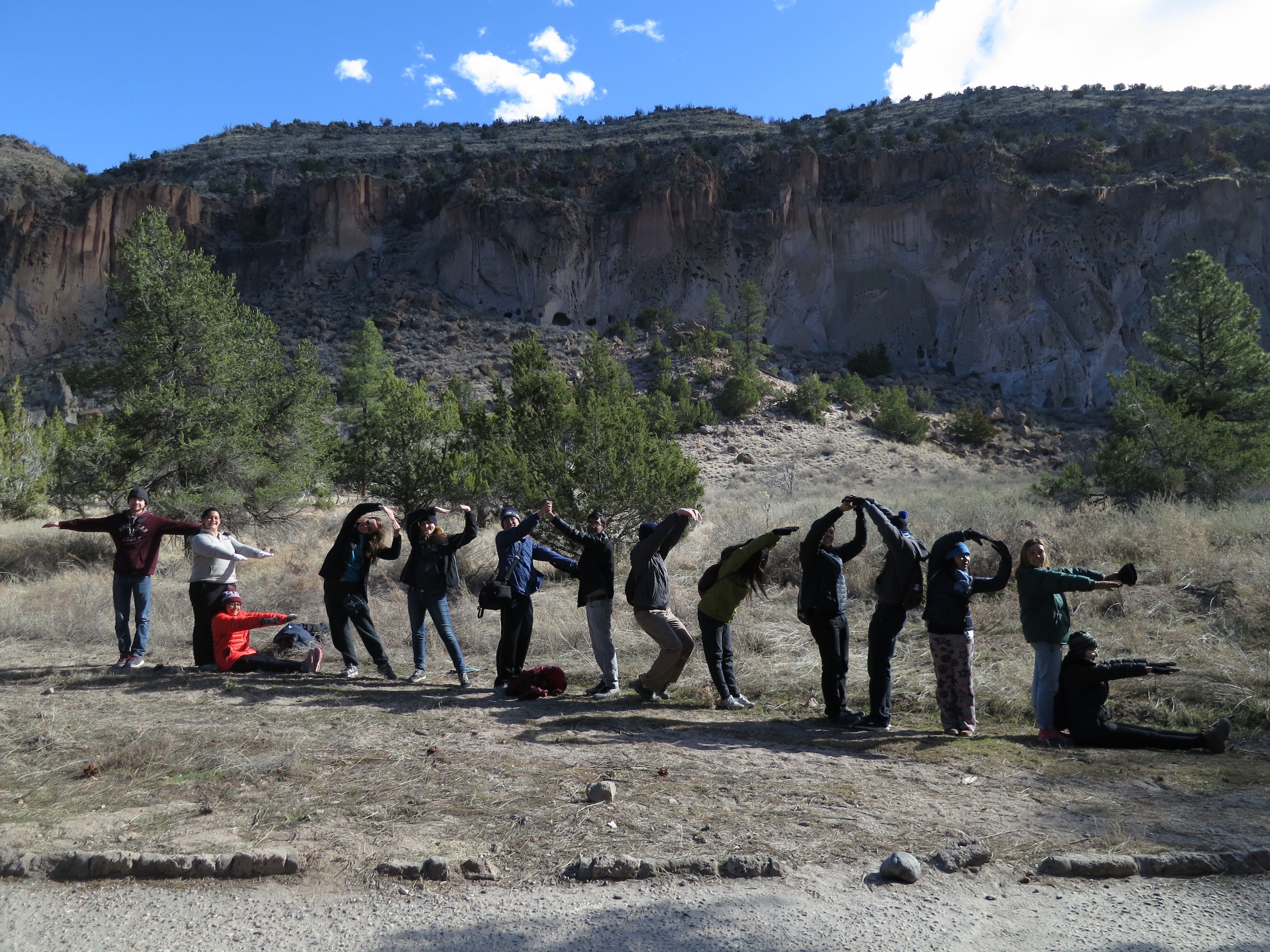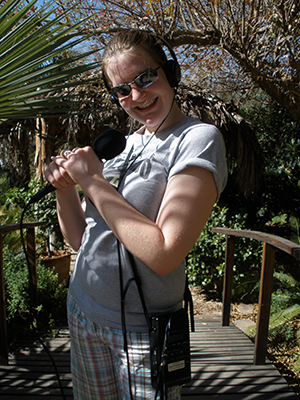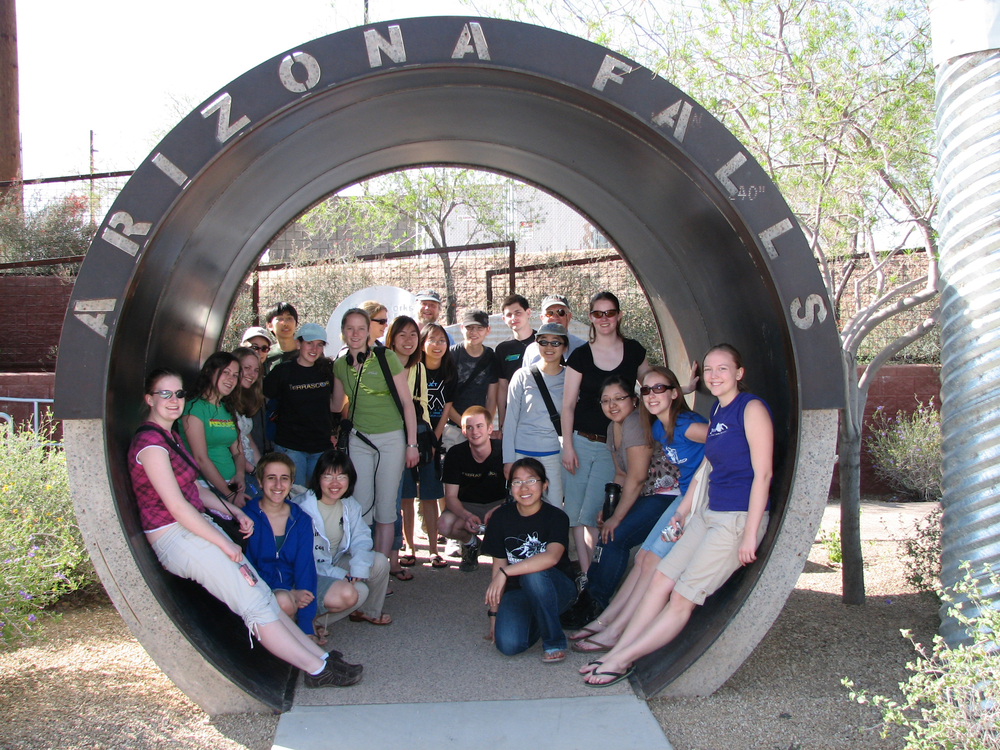How to Be a Better Engineer? Talk to People
-
-
slice.mit.edu
Recommended

In 2009, a group of Gila River tribal elders discussed the importance of water with Elise Chambers ’12 and several other students. The tribe often used the Gila River’s reeds to make baskets, an activity that rarely happens now due to the Arizona tributary’s diminishing supply. The student visit was part of Terrascope, a first-year learning initiative devoted to sustainability issues.
Terrascope kicks off each academic year with a mission—a complex global issue that students research during the fall semester. The program has over 18 years of past missions including ones addressing food security, life on Mars, and preparing the world for climate change.
When you are a freshman in college, you have a lot of ideas about how you can change the world. Then you sit down with people that are actually experiencing the problem.
Optional spring design prototyping and radio production courses allow students to test their solutions in the real world and produce radio stories for national distribution. Often equipped with microphones and radio kits, students talk with field authorities and people directly affected by the given problem over a spring break field trip.

“When you are a freshman in college, you have a lot of ideas about how you can change the world,” said Chambers of her work on Mission Clean Water, which focused on creating a 100-year water plan for the western United States. “Then you sit down with people that are actually experiencing the problem. It’s so humbling…because you’re going to think about that the next time you go to make some engineering solution. You’re going to think about the people it affects.”
Along the way, alumni mentors offer a helping hand, review website copy, coach students through challenges, and sometimes show up with food when students work late at the end of the semester. “It’s almost essential at some point in the semester for you to reach out to an alum,” said Chambers. “You recognize you are way in over your head and that there are people that could help make it go faster.”
Many students continue to reach out to Chambers in her current community coordinator role at Terrascope. She jokes that her fluency with MIT jargon—from building numbers to UAAP—makes it much easier for her to relate to current undergrads.
Terrascope totally changed the entire direction of my time at MIT.

“Terrascope totally changed the entire direction of my time at MIT,” she says. Originally planning to study aeronautical engineering, Chambers was inspired by the course’s environmental engineering teaching fellows to also major in Course 1 and serve as a teaching fellow. After graduation, she worked as a stormwater environmental consultant. And she still maintains strong friendships with many of her fellow Terrascope classmates.
Terrascope is one of over 45 organizations across MIT participating in the MIT 24-Hour Challenge on March 14, 2018. They are raising funds to support the spring field research trip.







